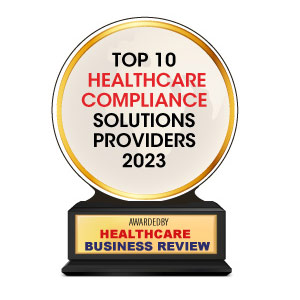The healthcare industry plays a critical role in society, as it is responsible for the well-being and lives of countless individuals. In order to maintain the highest standards of care, healthcare compliance is of paramount importance. It involves adhering to laws, regulations, and ethical guidelines to ensure the delivery of safe, effective, and high-quality healthcare services. Compliance serves as a safeguard, protecting patients, providers, and the entire healthcare system. In this editorial, we emphasize the significance of healthcare compliance and underscore its role in promoting a healthier and more accountable healthcare ecosystem.
At the core of healthcare compliance lies the assurance of patient safety. Compliance measures establish guidelines for patient care, ensuring that healthcare providers deliver treatments and services in a manner that minimizes risks and maximizes positive outcomes. Compliance frameworks encompass a wide range of aspects, including privacy and security of patient information, appropriate documentation, medication safety, infection control, and ethical conduct.
When healthcare organizations prioritize compliance, patients are more likely to trust in the care they receive. Trust is a fundamental component of the patient-provider relationship, and compliance efforts foster an environment where patients feel confident that their well-being is the top priority. Patients deserve peace of mind, knowing that their healthcare providers are dedicated to upholding the highest standards of compliance.
Healthcare compliance is not merely a bureaucratic obligation; it is a moral imperative. By prioritizing compliance, healthcare organizations demonstrate their commitment to patient safety, trust, legal requirements, ethical conduct, and quality care. Compliance efforts should be viewed as an investment in the well-being of patients and the integrity of the healthcare system.
Ultimately, healthcare compliance is a collective responsibility, involving healthcare providers, administrators, regulators, and policymakers. By working together to promote and enforce compliance, we can create a healthcare ecosystem that prioritizes patient safety, quality care, and the betterment of public health as a whole.
















